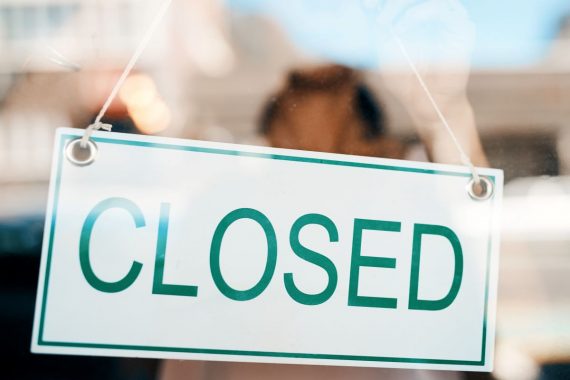ICBs should ensure there are ‘formal escalation routes’ in place for GPs after 25 daily clinical contacts, the BMA has said in new guidance.
From next week (15 May), GP practices are contractually required to offer an ‘appropriate response’ to patients the first time they get in contact, by offering them an appointment or redirection, rather than asking them to call back at a different time.
While GP leaders warned this would lead to increased pressure on NHS 111 and A&E, NHS England attempted to clarify in this week’s recovery plan that GPs should only redirect patients in ‘exceptional circumstances’. It also said practices should inform their ICB on each such occasion.
However, conflicting BMA guidance has now been published, warning that practices attempting to adhere to the new requirement ‘may do so at the expense of clinician wellbeing and patient safety’.
It reiterates the GP Committee for England’s safe working guidance recommending that clinicians have no more than 25 clinical contacts per day because anything beyond this ‘can lead to decision fatigue, clinical errors and patient harm, and clinician burn out’.
The guidance said: ‘GPCE thus advises practices to protect patients and clinical staff from these risks by limiting clinical contacts to no more than 25 per day for each GP, and any excess demand beyond this being signposted to other settings such as 111, overflow hubs, or urgent treatment centres.
It argued that this is ‘permitted within the contract which says that patients should be offered assessment of need or be signposted to an appropriate service’.
And it added: ‘ICBs should ensure that there is a formal escalation route for practices that have reached safe capacity. Operational Pressures Escalation Level (OPEL) measurement should be used, and escalation plans should be agreed by practices, LMCs, and ICBs to enable safe onward signposting of patients.’
NHS England has not returned Pulse’s request for clarification of what counts as an ‘exceptional circumstance’ and whether practices following BMA guidance will be in breach of contract or not. BMA also did not comment by the time of publication.
As previously reported, GP alert systems (GPAS) have not had much impact as yet. While Devon LMCs has been successful in getting their ICB to agree to a pilot of redirection when practices reach capacity, GPs in other areas told Pulse in March that systems had been ‘of very little value’.
In London, GPAS system are just getting off the ground but, in response to the new contractual requirement, Londonwide LMCs has written to ICBs demanding a list of services patients should be signposted to, giving a deadline of 15 May.
In a letter to ICBs, Londonwide LMCs chief executive Dr Michelle Drage said: ‘To enable practices to meet both their legal and contractual obligations, they will require the details of the services to which patients should be signposted.
‘These will include 111, community pharmacies, urgent care and treatment centres, dental services, ophthalmic services, hospital emergency departments and any other locally commissioned service provider.
‘Londonwide LMCs would be grateful if you would confirm that a list of all wider commissioned services will be accessible to all GPs and their practice teams.’
Meanwhile, Berkshire Buckinghamshire and Oxfordshire LMCs have advised practices that NHS England guidance, including the recovery plan, is not statutory.
It said in a message to practices: ‘The regulations make no mention of “exceptional circumstances” nor any obligation to inform the ICB, nor indeed any other caveat or condition on the contractual prerogative of the practice to “invite the patient to make use of, or direct the patient towards” any appropriate service, such as 111.
‘Furthermore, we remind all constituents that the “recovery plan” (and indeed all “guidance” issued by NHS England), is not laid in statute and has no contractual force in its own right.’
GP leaders had previously warned the new contractual requirement would ‘likely result in practices diverting extremely large numbers of patients to 111’ and the BMA had warned it would not be achievable for many practices with current resource and workforce.
Pulse October survey
Take our July 2025 survey to potentially win £1.000 worth of tokens















Game on.
BBO sticking it up em as per. Class act.
It is very sad situation. How can you restrict 25 contact in your working hours. You should deal with all while you are available. Think of patients and not your work load only.
Thinking of my patients well-being absolutely requires thinking of workload. Dealing with “all you can” for me is about 35. After that you’d be safer as a patient to consult the cleaner.
“You should deal with all while you are available.”
This is a route to burnout for you, poor decisions for the patients you treat in the second half of the day and ultimately the destruction of the speciality as more and more GPs won’t/can’t work like this.
The government absolutely loves “You should deal with all while you are available.”
There is no support when you are faced with complaints and get struck off.
They want the quality, they need to provide the staff and not get us doing useless politically correct training.
We just need something in writing from NHSE to say that they insist our contracts mean that we must continue to absorb work beyond the point that has become clinically dangerous